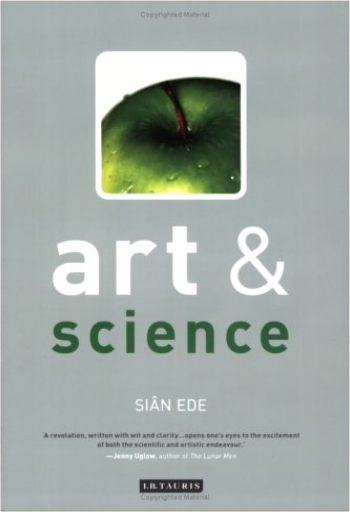 While demonstrating how science is affecting the creation and interpretation of contemporary art, this book proposes that artistic insights are as important on their own terms as those in science and that we can and should accommodate both forms of knowledge. Featuring the work of artists such as Damien Hirst, Christine Borland, Bill Viola and Helen Chadwick, and art-science collaborative ventures involving Dorothy Cross, Eduardo Kac and Stelarc, it looks at the way new scientific explanations for the nature of human consciousness can influence our interpretation of art, at the squeamish interventions being produced by artists relishing in new technologies and at art which takes on the dangers facing the fragile environment. Seeing the world from the other point of view can inform the practice of both sides—this book will provide new insights to artists, scientists and the wider public. 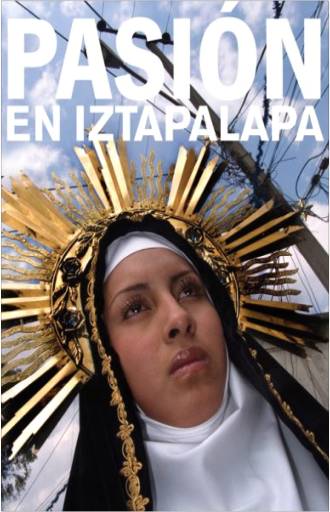 Holy Week is without a doubt the festivity of greatest importance in Mexico. In the region of Iztapalapa, one million people gather each year for the sole purpose of reenacting the symbolic death of Christ and his crucifixion. This photographic masterpiece reveals the last 165 uninterrupted years of this celebration. La semana santa es una de las festividades de mayor relevancia contemporánea en México. En la zona de Iztapalapa, cada año se reúnen mas de un millón de personas con el propósito de representar la muerte simbólica de Cristo y su crucifixión. Esta obra fotográfica revela los últimos 165 años ininterrumpidos de esta celebración. 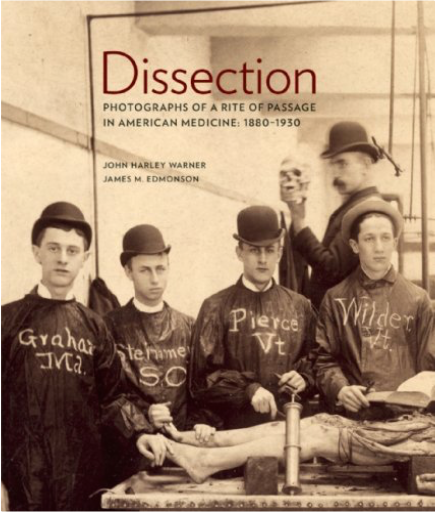 "Cadavers, camera, action!" (The New York Times Book Review). From the advent of photography in the 19th and into the 20th century, medical students, often in secrecy, took photographs of themselves with the cadavers that they dissected: their first patients. Featuring 138 of these historic photographs and illuminating essays by two experts on the subject, Dissection reveals a startling piece of American history. Sherwin Nuland, MD, said this is "a truly unique and important book [that] documents a period in medical education in a way that is matched by no other existing contribution." And Mary Roach said Dissection "is the most extraordinary book I have ever seen—the perfect coffee table book for all the households where I'd most like to be invited for coffee." 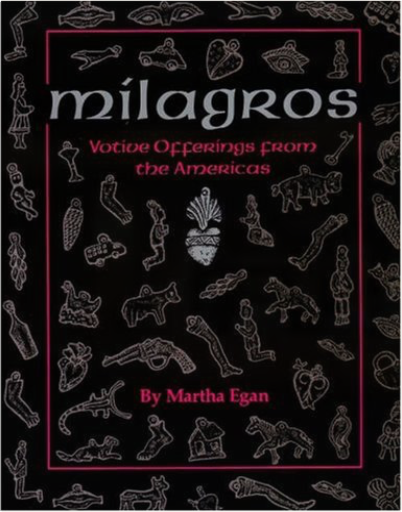 A driving force in folk religion, milagros, or ex-votos, are found in cathedrals, humble chapels in rural areas, and roadside shrines across Latin America. This book traces the use and artistry of these small objects, which are offered to saints and other popular deities by Latin Americans in return for favors or answered prayers. The book contains sixteen color and fifty black-and-white photographs, as well as numerous line illustrations. 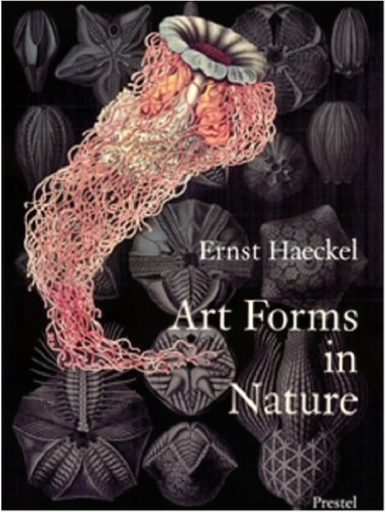 The geometric shapes and natural forms, captured with exceptional precision in Ernst Haeckel's prints, still influence artists and designers to this day. This volume highlights the research and findings of this natural scientist. Powerful modern microscopes have confirmed the accuracy of Haeckel's prints, which even in their day, became world famous. Haeckel's portfolio, first published between 1899 and 1904 in separate installments, is described in the opening essays. The plates illustrate Haeckel's fundamental monistic notion of the "unity of all living things" and the wide variety of forms are executed with utmost delicacy. Incipient microscopic organisms are juxtaposed with highly developed plants and animals. The pages, ordered according to geometric and "constructive" aspects, document the oness of the world in its most diversified forms. This collection of plates was not only well-received by scientists, but by artists and architects as well. Rene Binet, a pioneer of glass and iron constructions, Emile Galle, a renowned Art Nouveau designer, and the photographer Karl Blossfeld all make explicit reference to Haeckel in their work. | 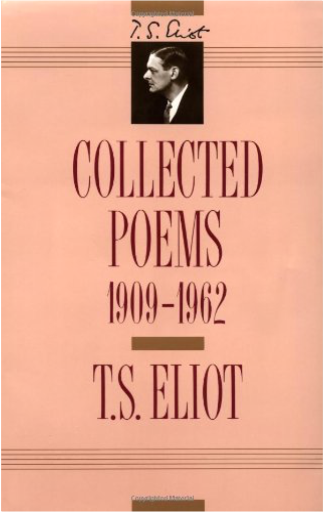 There is no more authoritative collection of the poetry that Eliot himself wished to preserve than this volume, published two years before his death in 1965. 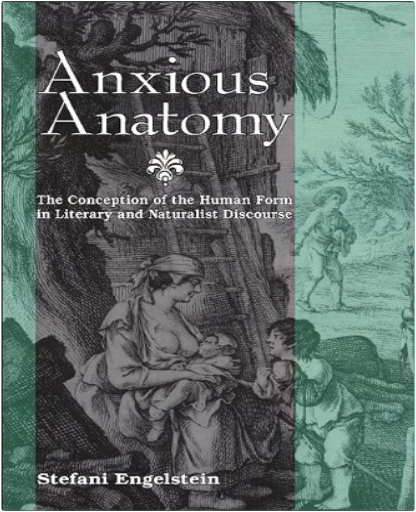 Examines the body in literature and science in late eighteenth- and early nineteenth-century Europe. |

Morbid Anatomy Museum
Collection Total:
1,253 Items
1,253 Items
Last Updated:
Jan 26, 2016
Jan 26, 2016

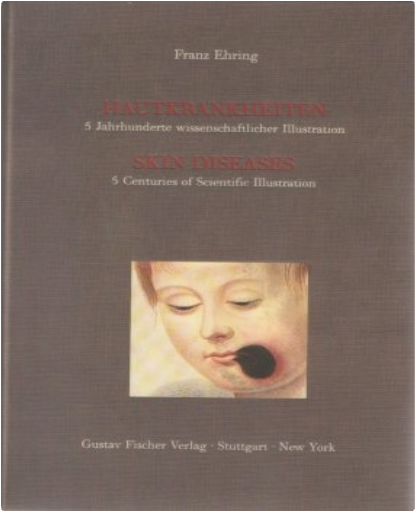
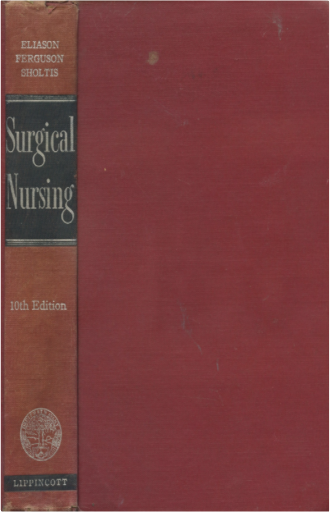
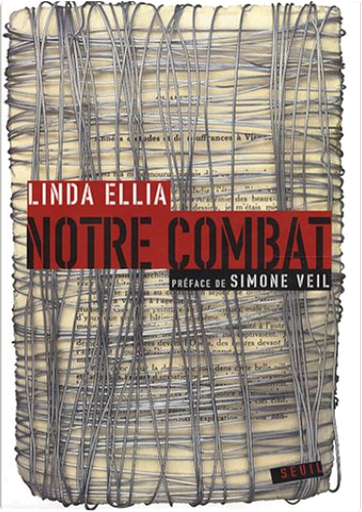
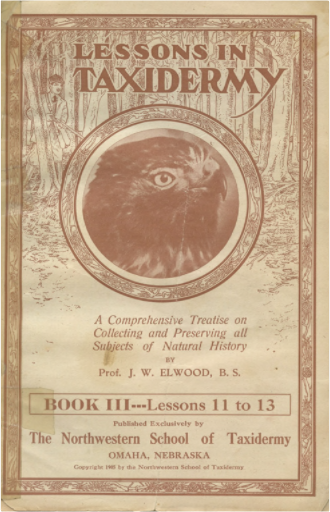

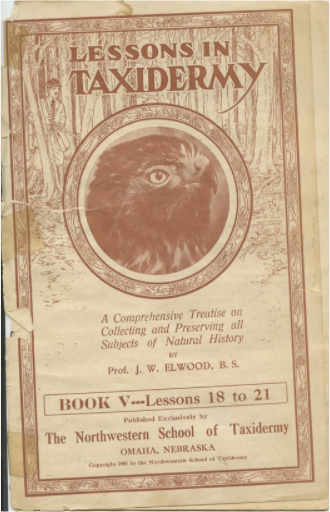
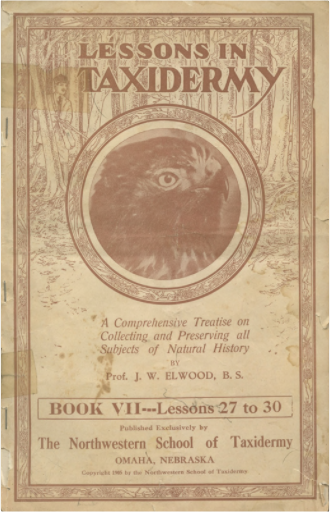
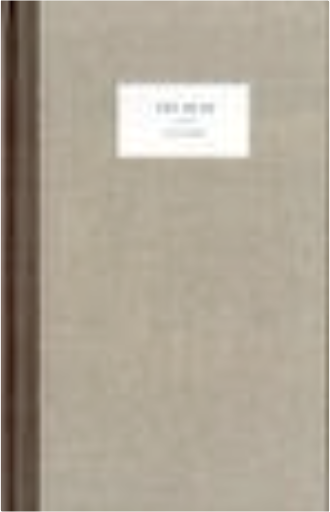
 Made with Delicious Library
Made with Delicious Library